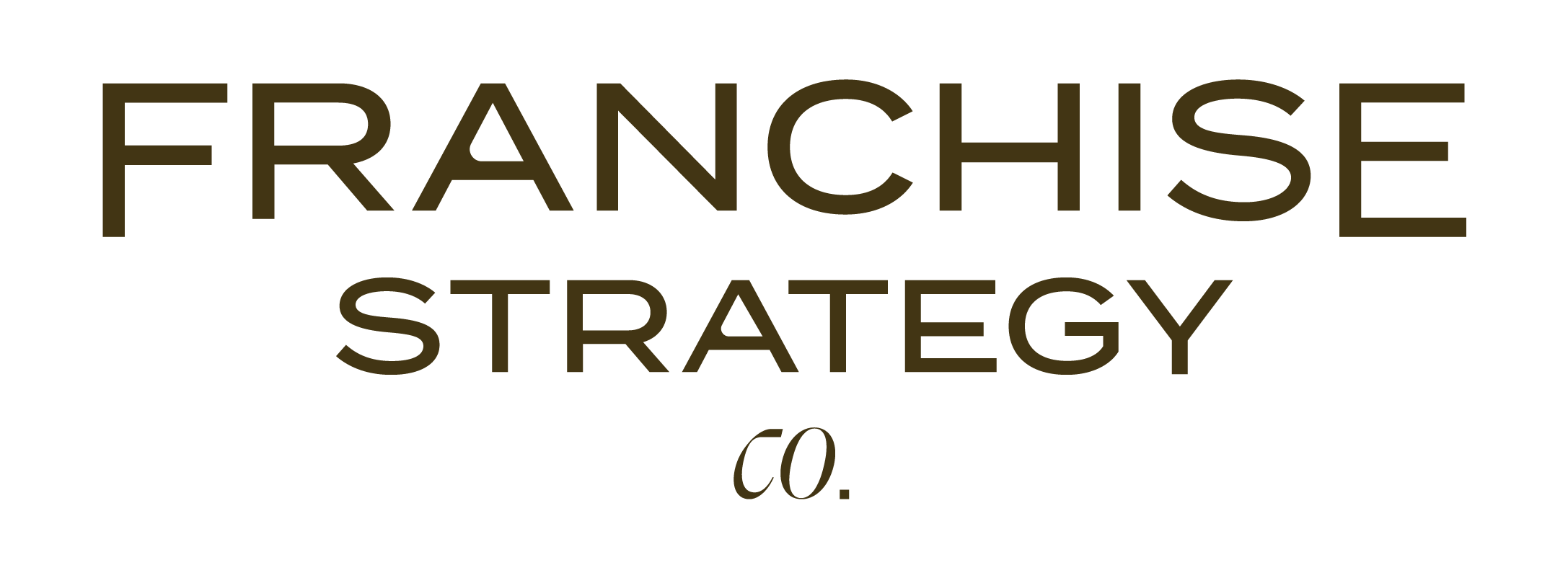In the fast-paced business world, organizations constantly seek ways to gain a competitive edge and achieve sustainable growth. This pursuit has elevated the role of consultants who bring their expertise and fresh perspectives to help companies navigate complex challenges. At the heart of effective consulting lies the process of discovery. This blog post will explore what discovery is in consulting and why it is critical to driving successful business outcomes.

Defining Discovery
Discovery in consulting refers to the systematic and rigorous process of uncovering critical information, insights, and opportunities within an organization. It involves diving deep into the company’s operations, culture, challenges, and goals to understand its current state and future aspirations comprehensively. Through discovery, we gather data, conduct interviews, analyze processes, and observe workflows to identify areas of improvement, untapped potential, and strategic directions.
Key Components of Discovery
1. Information Gathering: Consultants collect data from various sources such as financial reports, market analyses, customer feedback, and internal documents. This data serves as the foundation for informed decision-making and strategy development.
2. Stakeholder Interviews: Engaging with key stakeholders, including executives, managers, and employees, allows consultants to gain valuable insights into the organization’s dynamics, pain points, and aspirations. These interviews foster a collaborative approach and help align the consultant’s efforts with the client’s goals.
3. Process Analysis: By analyzing existing workflows, procedures, and operational systems, consultants identify bottlenecks, inefficiencies, and areas for optimization. This examination helps streamline processes and improve overall efficiency.
4. External Environment Assessment: Consultants evaluate market trends, competitive landscapes, and industry benchmarks to give clients a broader perspective. Understanding the external environment enables consultants to identify emerging opportunities and potential threats.
Benefits of Discovery
Informed Decision-making: Discovery equips consultants with a wealth of knowledge to make well-informed decisions and recommendations. This data-driven approach instills confidence in the consulting process and enhances the credibility of the proposed strategies.
1. Tailored Solutions: Through discovery, consultants gain an intimate understanding of the organization’s unique challenges, culture, and goals. This insight allows them to develop customized solutions that align with the client’s specific needs, increasing the chances of successful implementation.
2. Uncovering Hidden Opportunities: By delving deep into the organization’s operations, consultants often unearth hidden opportunities for growth and innovation. Discovery helps identify underutilized assets, untapped markets, and strategic partnerships that can drive transformative change.
3. Collaboration and Buy-in: Engaging stakeholders throughout the discovery process fosters a sense of ownership and buy-in for proposed initiatives. This collaboration enhances the likelihood of successful implementation and long-term sustainability.
Conclusion
Discovery is the bedrock of effective consulting. It empowers consultants to understand the intricate workings of organizations, unearth insights, and develop tailored strategies that drive growth. By combining data-driven analysis, stakeholder engagement, and environmental assessment, discovery unlocks hidden opportunities and sets the stage for transformative change. For businesses seeking to thrive in a dynamic market, embracing the power of discovery is a crucial step toward unlocking their full potential.
Here are some helpful links to other articles that talk about the benefits of a business strategy and marketing strategy:


